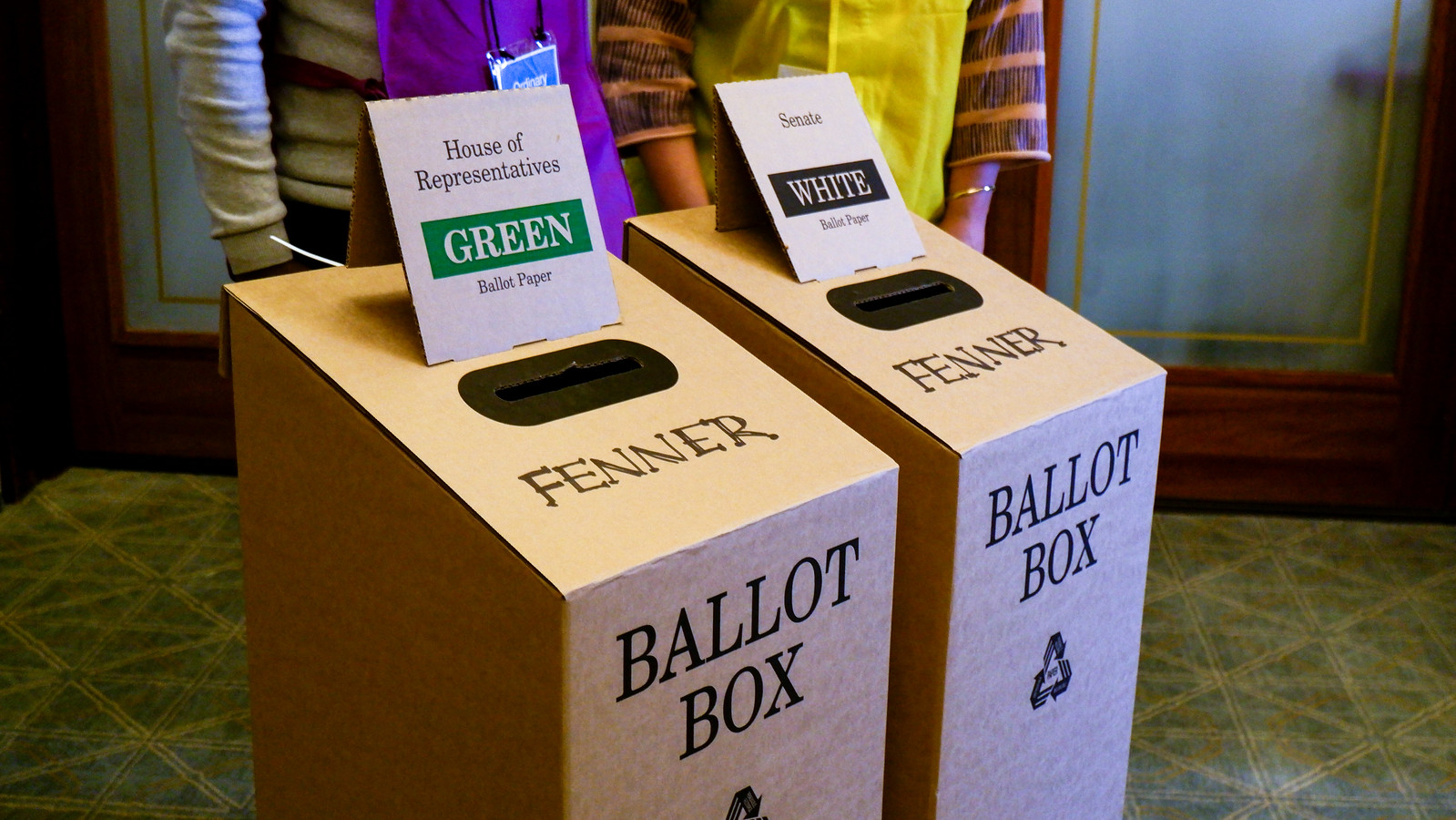Prime Minister Anthony Albanese formally announced on Friday that the 2025 federal election will take place on 3 May. Albanese's Australian Labor Party won a majority at the last federal election in 2022. Australia has no nuclear power plants, although it has a research reactor and has three operating uranium mines - in 2022 it was the world's fourth ranking producer of uranium, all of which was exported.
The Liberal-National Coalition, also known as the LNP, is a long-running alliance of the Liberal Party of Australia, and the National Party. Last year, the LNP's leaders outlined their plans for nuclear power in Australia, and announced seven locations where plants could be built.
Speaking on Seven Network's Weekend Sunrise programme the day after the election was called, Liberal Party of Australia leader Peter Dutton reiterated the coalition's commitment to its energy plans, and used the UK as an example of the need for nuclear.
"The Labour Party in the UK have just announced that they can't reach net zero by 2050 without nuclear, and that's true in our country as well," he said. "So we need cleaner fuel and cleaner energy. We need to make sure that we've got cheaper energy. We're paying three times the cost for electricity of other countries at the moment, and that's what’s smashing families."
Dutton said nuclear capacity would not be available in Australia until the mid to late 2030s, so the coalition's policy would rely on gas to ensure reliability in the meantime. "The PM keeps talking about green hydrogen, but that's not going to work and power prices are just going to keep going up," he said, referring to the Labor Party's energy policy.
Separately, shadow energy minister Ted O'Brien said the role of Australia's nuclear regulatory body ARPANSA could be expanded to oversee nuclear power plants quickly. Speaking on Sky News Sunday Agenda, O'Brien said that this could be achieved "within a few years". A first small modular reactor could be in operation in Australia by 2035, he said, with a large-scale plant taking "couple of years" longer than that. Deployment of nuclear would then continue with the aim of reaching 14 gigawatts of nuclear capacity by 2050, he said.
Albanese has described the coalition's plan as a "nuclear fantasy". Speaking to reporters in Perth on Monday, the Prime Minister said: "We have a 2030 target, we're confident we'll meet it, and our policy is very clear ... our policy is for renewables, backed with affirming capacity of gas, batteries and hydro." Albanese's words were reported by AAP.
Under federal electoral law, it is compulsory for all eligible Australian citizens to enrol and vote in federal elections, by-elections and referendums.















